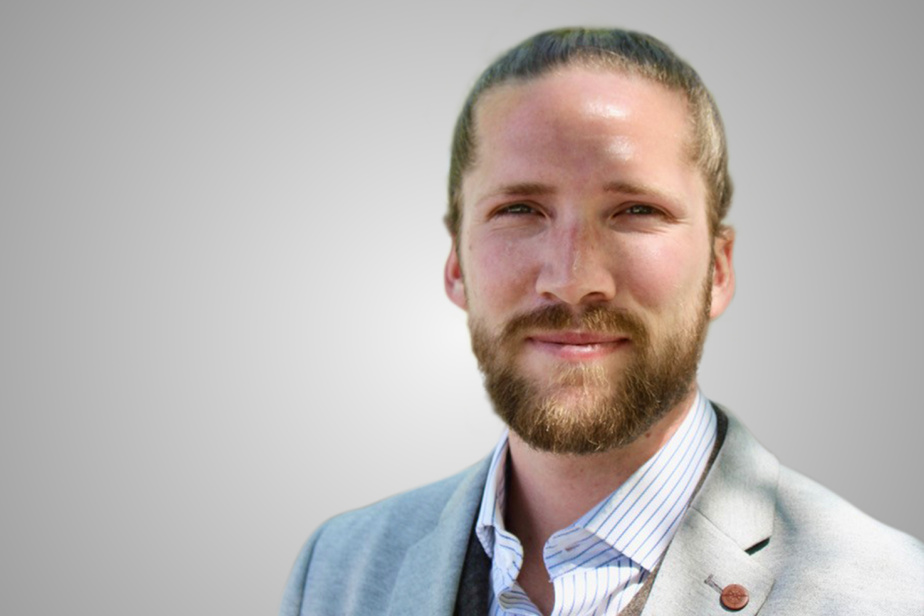As a political science professor, the debate over academic freedom has entered many of my conversations lately. It has become a central theme; A sign of our time, one might say. Of course, this is neither the first nor the last time the nature and scope of academic freedom has been questioned.
But there is one thing that impresses me with the way the topic is currently being handled in Quebec. As we have done with a host of other sensitive political issues in recent decades, tormenting Quebec but also the Western world more broadly, we refuse to remain mere witness to what is happening before us. We don’t want to be “average” either. We want to act and be an example to the whole world.
Many see this reflex as a form of unhealthy chauvinism. For my part, I think this stems at least in part from the fact that Quebec is a “small nation” in search of moral capital. I will come back to it.
Cloutier report
At the outset, I would like to emphasize the quality of the ideas collected in the report of the Independent Scientific and Technical Committee on the recognition of academic freedom in the university environment. The 71-page report led by Alexandre Cloutier is educational and accessible.
Data from original surveys and meetings with a large number of commissioned experts have made it possible to illustrate the extent to which many phenomena have recently been striving to minimize or even exaggerate, depending on what we consider the ultimate goal of the university’s mission.
It is clear that not everyone will be satisfied with the recommendations and opinions given by the Committee.
To this day, I remain skeptical about the need for parliamentarians in Quebec to legislate on academic freedom. It seems to me that we are opening the door here to legitimize a proper political phenomenon, as well as to limit the autonomy of universities.
It also seems to me that in light of the well-established practices of living together in Quebec, public debate is preferable to recourse to the law.
Even if it was more symbolic in nature, and therefore had no legal teeth, a statement of principles seemed to me the way to go. In short, lawlessness will not necessarily lead us to “swimming in confusion,” as Mr. Cloutier puts it. But while this issue is effectively dealt with in a very different way from one institution to another, if the Quebec legislator accepts the recommendations with caution, I agree we can avoid slipping on both sides.
The question of small countries
The debate over university freedom is clearly not unique to Quebec. At the very least, it has imposed itself in all contemporary liberal democracies.
However, one of the things that stood out to me most during the press conference, where the commissioners presented their report, is that Quebec is being constructed as a beacon of humanity, capable of enlightening and promoting ‘bringing its lights to the four corners of the world’.
In response to a journalist, Alexandre Cloutier asserted that if Quebec adopted the recommendations of the commission, it would more or less become a “model for the world”.
Chauvin, reply Mr. Cloutier?
I interpret this rather as a symptom, which reminds us that Quebec is part of this family of “small states”. As sociologists Joseph Yvonne Tyrault and Jean-François Laniel point out in their work, small states are unrecognizable due to small population, absence of state institutions, presence of atypical area or even low GDP.
Rather, it refers to a state of mind, to a way of collectively representing oneself in the face of the course of history. “Non-dominant” societies, small states like Quebec usually feel a certain fragility, fearing that they will disappear into relative global indifference.
Philosopher Uriel Abulof showed that in the face of this existential fear, in turn, small states tend to exaggerate their moral contribution to humanity. This becomes a way for them to legitimize their existence in the eyes of the “adults” around them.
In Quebec, it seems to me that many people’s quest to make Peel County a model for combating climate change stems from this reaction that small states have internalized. The same when Pierre Godin combined the defense of our French language with the defense of all the minority languages of the world against the domination of one language.
While we know full well that debates about academic freedom rage in the United States and English Canada, as in the United Kingdom or France, I am shown this desire to make Quebec a model of academic freedom. Take part in this reflection.
As long as this approach leads to balanced and promising proposals to drive discussions and ideas, it is perfectly healthy to celebrate those ideas of greatness that respond to this sense of relative fragility.
Instead of discovering a form of arrogance in him, I rejoice, on the contrary, with this creative tension. It bears witness to the resilience and potential for innovation that stems from this search for liberation, for the moral justification of its existence for the entire world.

“Alcohol scholar. Twitter lover. Zombieaholic. Hipster-friendly coffee fanatic.”

